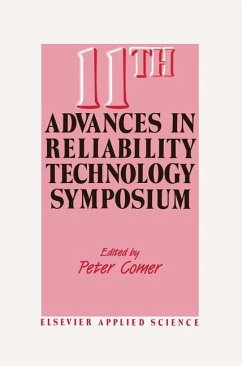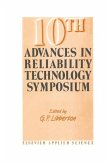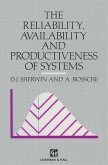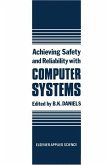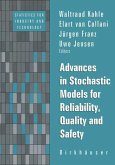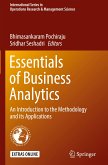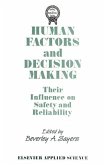On behalf of the Organising Committee of the 11th ARTS I would like to welcome all the delegates, session chairpersons and authors. I particularly welcome new delegates, delegates from mainland Europe and from other countries. At the time of the last symposium, our tenth anniversary, we looked back on the growth of the symposium and the support it had received from so many people. Not least was the support given by Mrs Ruth Campbell who, between this symposium and the last, has retired from the National Centre of Systems Reliability. The Organising Committee would hereby like to acknowledge a very special debt of gratitude, over many years, to Ruth. Our gratitude also goes to Dr A. Z. Keller of the University of Bradford, the Organising Committee Chairman at the 10th Symposium, our President for 11th ARTS and, since the beginning, a staunch supporter of the ARTS. Our thanks go to Mme A. Camino of Electricite de France for being our after-dinner speaker and to Mr A. J. Bourne for being our keynote speaker. Their speeches have been keenly anticipated. Behind the symposium, the detailed and hard work of the administrative staff of the National Centre of Systems Reliability continues even after it has ended. Our thanks go to them, particularly, and to the Universities of Liverpool, Manchester Institute of Science and Technology and Bradford for their consistent support to the symposium.
Bitte wählen Sie Ihr Anliegen aus.
Rechnungen
Retourenschein anfordern
Bestellstatus
Storno

